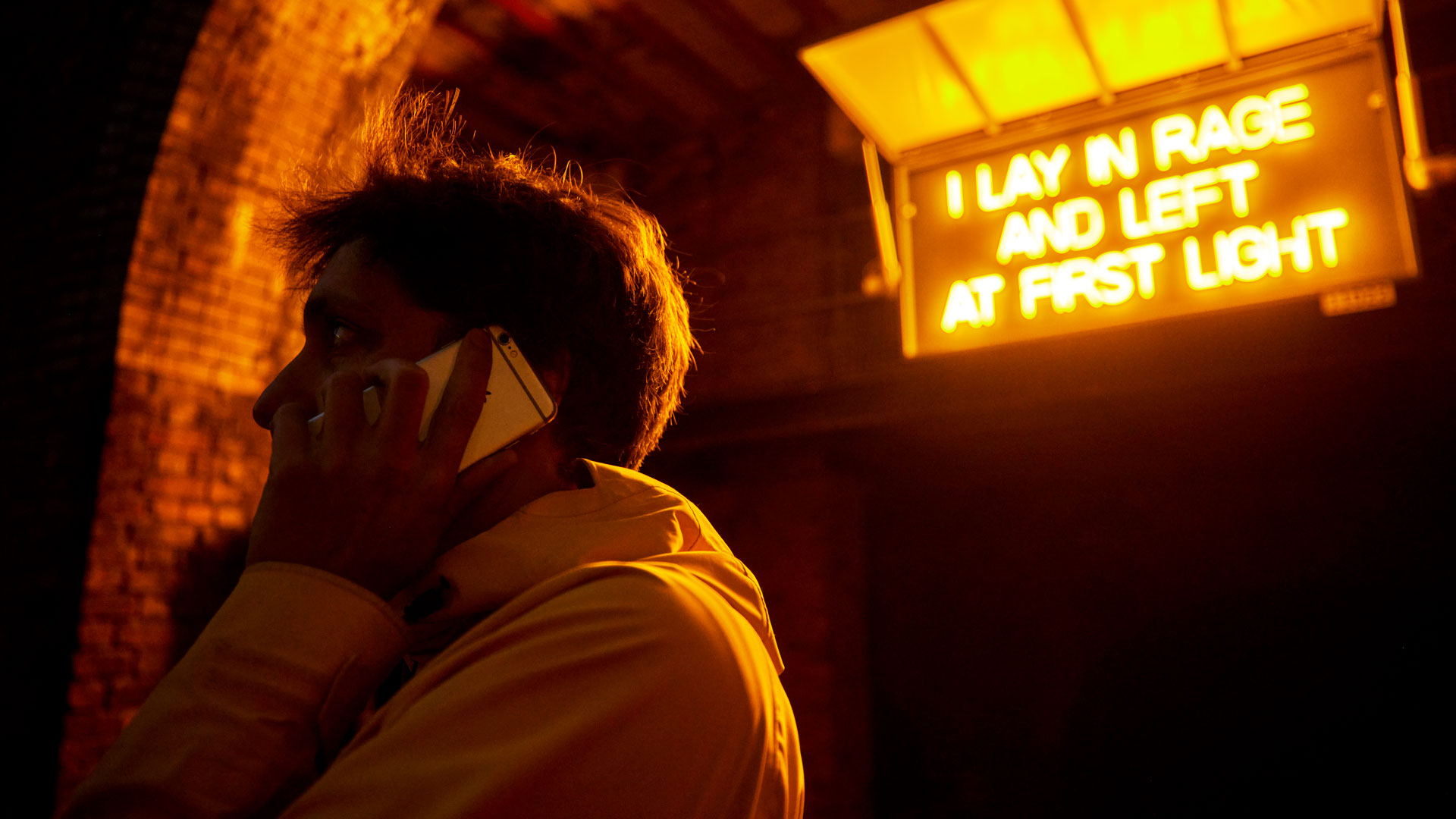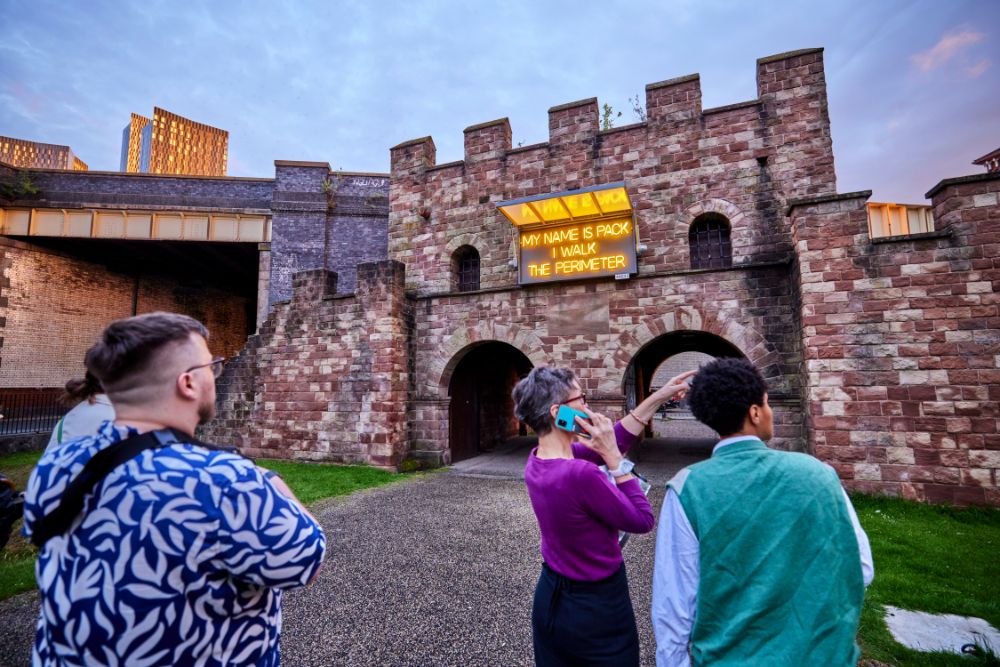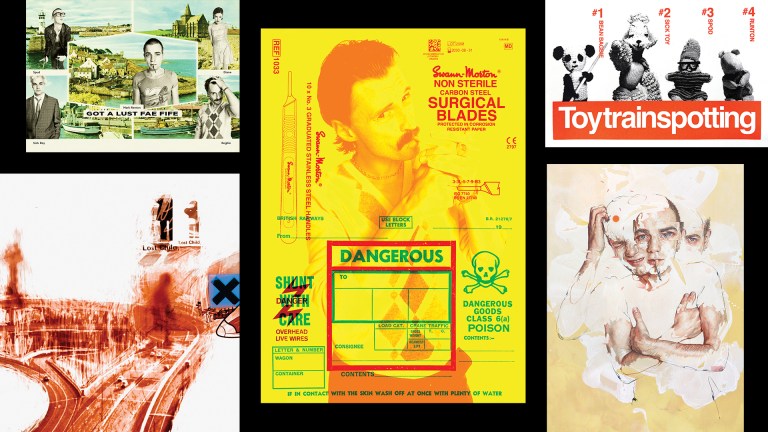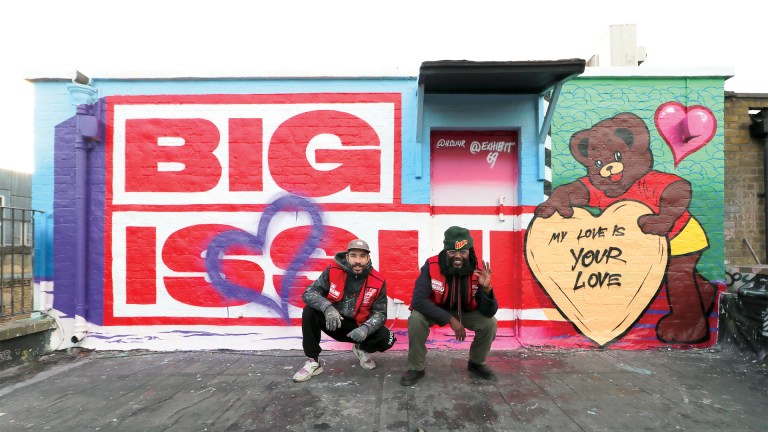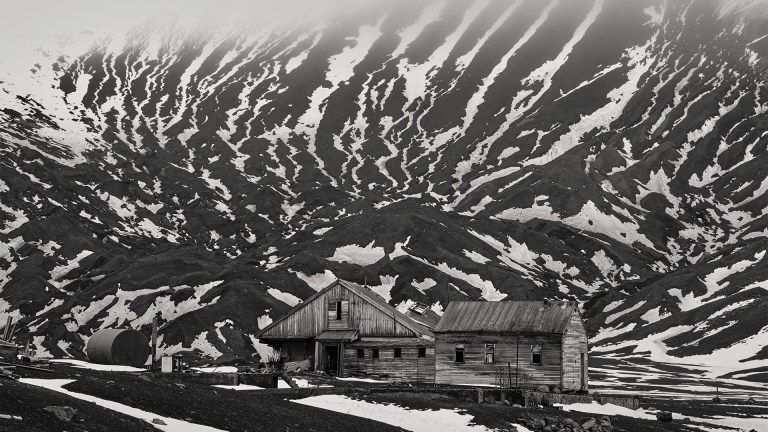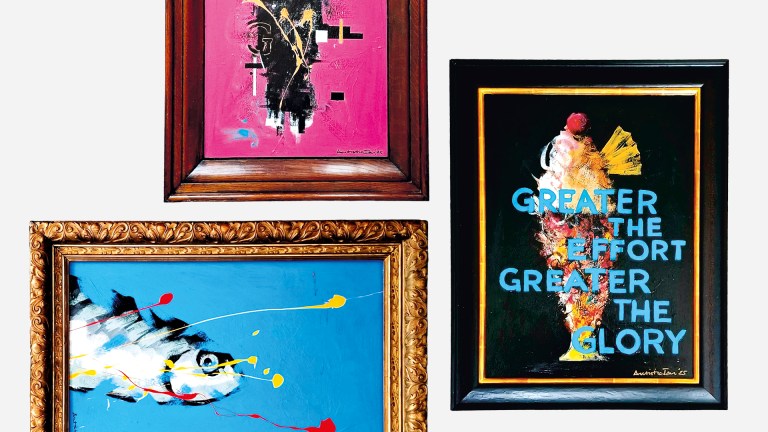“Those with most money went first.” We Cut Through Dust offers an apocalyptic vision of Manchester in the not-too-distant future in which those with the means to flee have done so, leaving the disempowered to inherit the city. It begins with a phone call: yours.
We Cut Through Dust is an immersive walking tour devised by art collectives Blast Theory and Manchester Street Poem for this year’s Manchester International Festival (MIF). Participants station themselves outside Deansgate’s railway and Metrolink stations and call a number. The response guides them through backstreets, along canals and under viaducts as the audio story unfolds.
“We were looking for tucked-away spaces in Manchester that people wouldn’t normally go to,” says Manchester Street Poem project manager Simon Leroux.
As well as enabling audiences to “take a moment out to engage with the piece”, this also reflects the collective’s ethos. Founded in 2016 and an MIF partner since the following year, the team comprises people from marginalised communities, including numerous members with experience of homelessness.
The tour provides a view of the city through their eyes. “As we developed the story, [Deansgate] became more perfect,” adds Blast Theory’s Ju Row Farr, “because it’s about places where you can get in and out of the city. You’ve got a railway, main roads, tramlines, so it fits into the story – exit points and travelling points.” The area was also “one of the first in Manchester to undergo gentrification”, Leroux says, “so there’s a rubbing up of the super fancy with scruffy little areas.”
This juxtaposition of wealth and poverty – and of futuristic developments with the city’s industrial, working-class history – helps We Cut Through Dust examine the extent to which personal circumstances determine our capacity to withstand disaster.
